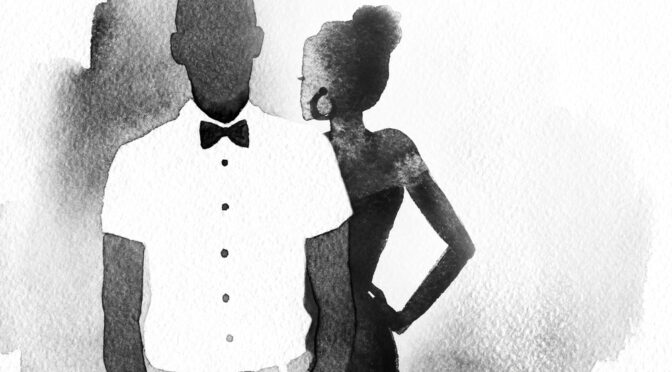The National Institute on Drug Abuse (NIDA) argues that addiction is “a brain disease because drugs change the brain…These brain changes can be long lasting and can lead to many harmful, often self-destructive, behaviors.” However, this is just one point of view in an ongoing argument between scientists who seem confused about what addiction actually is.
Dr. Marc Lewis, in his recent book The Biology of Desire: Why Addiction is Not a Disease weighs in on this argument from a unique perspective. Lewis is a former opiate addict turned neuroscientist and acclaimed author, a perspective he has already outline in his Memoirs of an Addicted Brain.
Lewis sees addiction differently than the NIDA stance, saying that to call addiction a disease is not a remarkable observation, as the argument is hinged on the fact that the brain changes in an addict.
He writes: “neuroscientists who study addiction seem to have missed the point. They put people through a number of brain scans, and when they notice changes after someone has taken a lot of cocaine or drunk a lot of booze they say, ‘Look! The brain has changed!’”












